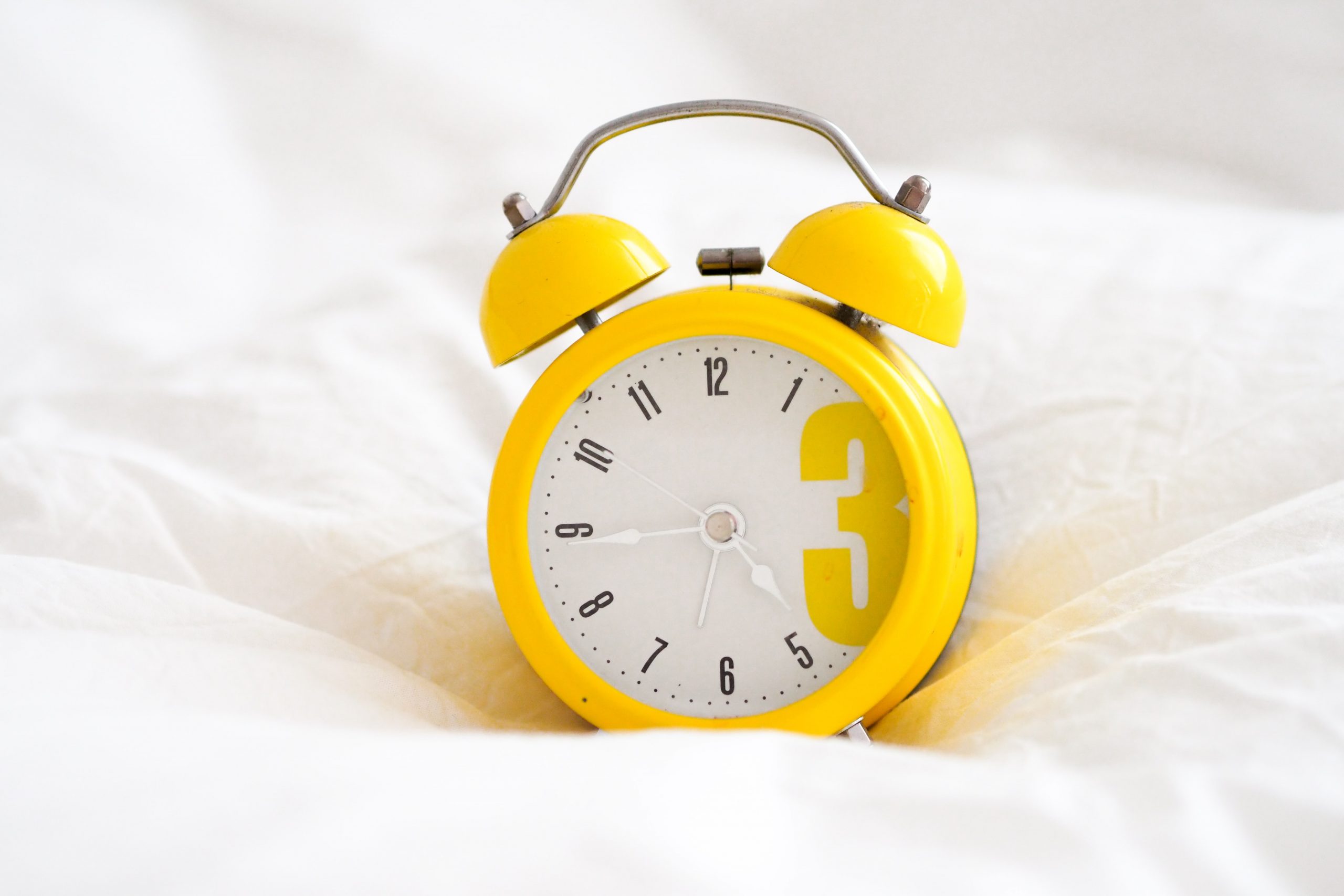You know the feeling: the year-end holidays have passed, the celebrations have ceased, and #NewYearNewMe isn’t going exactly as planned. Instead of feeling energised and ready to take on 2021, you’re dragging yourself out of bed for work and can’t even be bothered to cook a decent meal for yourself. Rather than looking forward to a new day, a familiar dread looms over your head.
You’re not ready to go back to reality – but you know you don’t have a choice. Sure, we can just shake it off and go through the motions, but returning to your regular life feeling sluggish and tired isn’t exactly the best recipe for life. If anything, you’ll end up spending more time than you should feeling down and, well, lumpy.
Now is the time for you to pick yourself up, stop feeling sorry for yourself, and to put it simply – get on with your life. And if you need a little help in that department, here are 7 easy tricks to help you beat post-holiday fatigue, and ease back into your regular routines.
Don’t worry, it’s normal

Just because you feel more fatigued than usual and demotivated – doesn’t mean you’re strange or acting out. Post-holiday fatigue is nothing to stress excessively over. It’s perfectly normal to feel like a bit of a flop after spending your days in “holiday mood”. Instead of denying them and brushing them under the carpet, recognise these feelings of yours as a re-balancing act and a return to your usual equilibrium. After all, the first step to combating your negative feelings and sluggishness is acceptance.
Limit artificial stimulants

For some, it can be real tempting to hit up your local bar for a few drinks, or order in from your sofa – then attempt to reset the next morning with a really strong cup of coffee. Not only is this deeply unhealthy, but it will prevent your mental and emotional rhythms from returning back to normal, and link what are meant to be moments of pleasure to negative feelings. Enjoy that tipple once you’ve gotten a hang of things, and try other caffeine alternatives to make you feel more alive in the morning. And while you might not enjoy it, but a well-rounded home-cooked meal is still the best.
Try meditation

Meditation can be a great way of finding your centre and bringing back your focus. It’s not just about sitting still, emptying your mind, and hoping that it will bear fruit. Meditation is about being aware of the present, slowly processing your thoughts in a healthy manner, while relaxing and rejuvenating your body with calming breathing exercises. If you’re a newbie and aren’t sure where to begin, why not try a meditation app to help get you started?
You may also like: How to worry more purposefully, according to a clinical psychologist.
Eat well

Surprise, surprise, but your eating habits can actually greatly impact how you function and feel on a daily basis. Make sure you listen to your body and understand what it needs to perform its best – whether it’s to get that digestion going with fibre and probiotic-rich foods, or cutting down on sugar-laden treats to avoid feeling fatigued at the end of the day.
Light exercise

One of the best ways to tackle sluggishness and fatigue is by gently working those muscles and endorphins. This is especially important if your job requires you to sit around all day staring at a screen. Whether it’s light stretching, yoga, or a brisk walk in your neighbourhood, put aside 10-15 minutes of moving around to get all that blood flowing. Your muscles will feel better and mind clearer, and they will thank you for it.
Get organised

This goes out to the perfectionists out there – don’t feel like you need to nosedive into a pile of work for the sake of feeling productive or complete. Make a plan for your days and prioritise your workload and leisure time accordingly. If you have something that you can settle tomorrow, then do it tomorrow, instead of trying to do too much at once. Not only will you avoid feeling overwhelmed all the time, it also helps declutter your mind and keep everything streamlined.
Maintain a sleep routine

While it is tempting to sleep in past noon on the weekends, it can actually do you and your wellbeing more harm than good. Oversleeping can disrupt your biological clock and even make you feel more tired during the day. Try maintaining a regular bedtime to reset and re-organise your internal sleep-wake clock. This won’t just help you sleep better, you’ll also wake up feeling fresher.
Images: Unsplash










